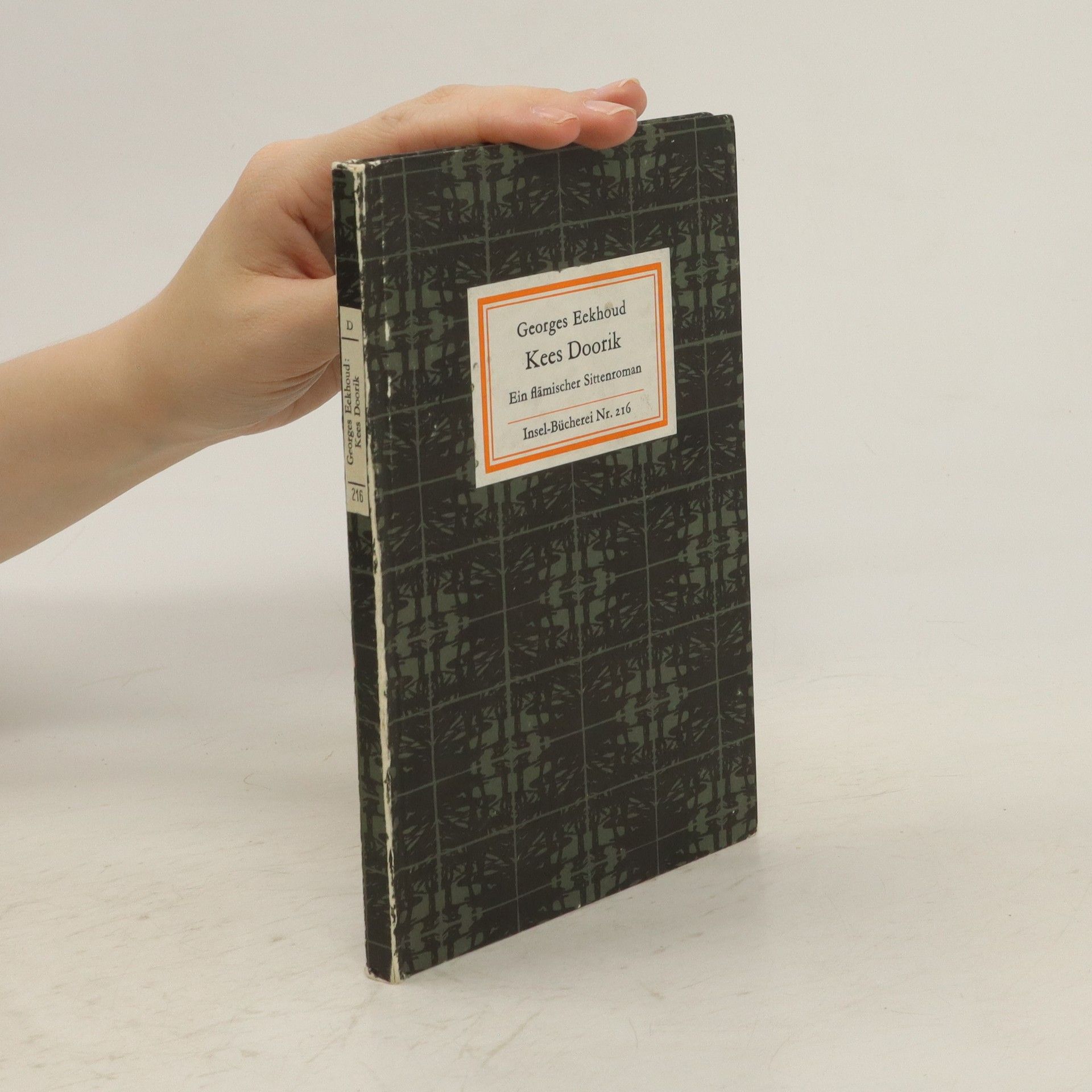Osudy Laurenta Paridaela. Pestrá a expresivní freska života Antverp v polovině 80. let 19. století, kdy došlo k jejich novému hospodářskému a územnímu rozmachu. Zároveň je Nové Kartágo odrazem lásky autora k nádhernému městu a jeho živitelce a obdivovatele, mohutné řece Šeldě.
Georges Eekhoud Knihy
Georges Eekhoud byl belgický spisovatel s vlámskými kořeny, který psal ve francouzštině. Jeho román Escal-Vigor z roku 1899 způsobil skandál jako první román ve frankofonní belgické literatuře, který otevřeně zpracovával téma homosexuality. Jeho dílo tak představovalo průkopnický krok v zobrazování společenských témat.

